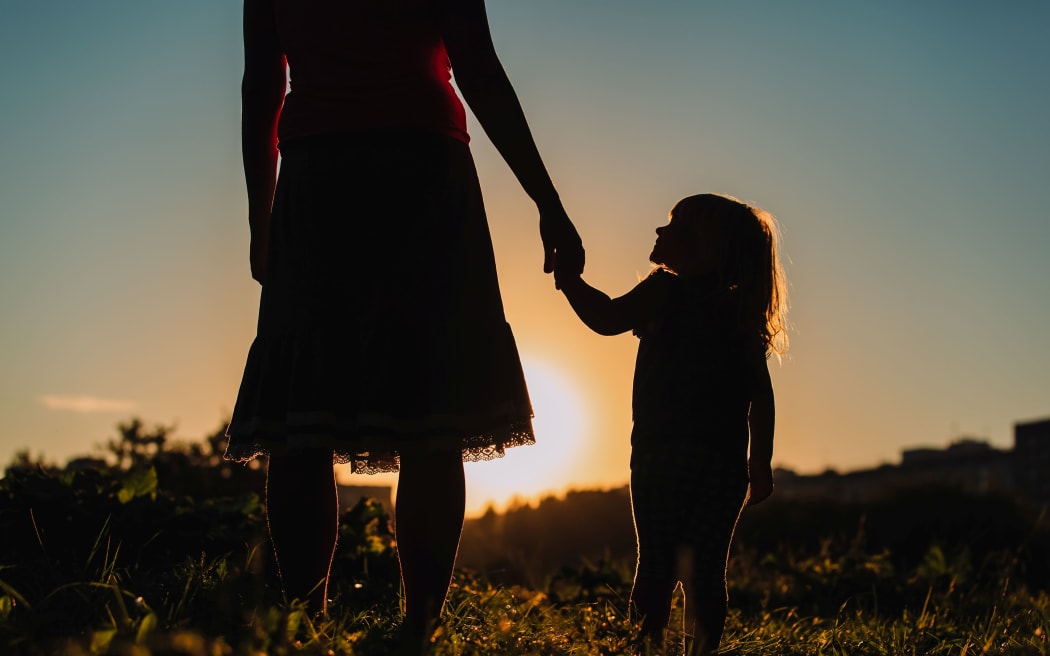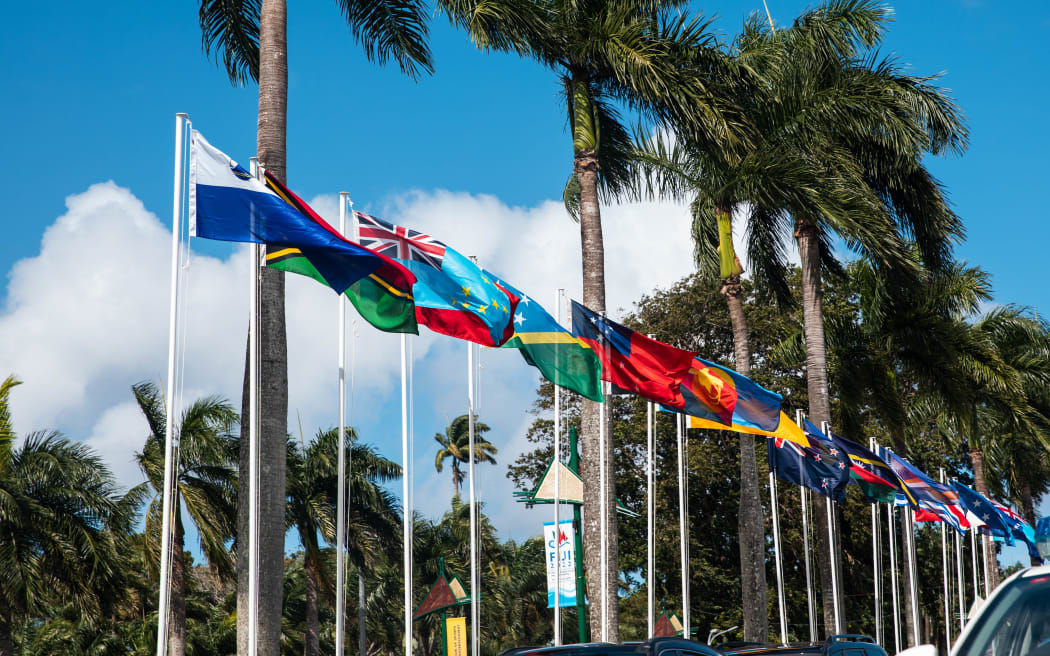Every weekday, The Detail makes sense of the big news stories.
This week, we looked at why we still use the BMI, the rules governing the charities sector, a new pathway to Australian citizenship for expat New Zealanders, the overhaul of our adoption laws, and the politics at play at this year's Pacific Islands Forum in Suva.
Whakarongo mai to any episodes you might have missed.
Why are we still using the BMI?
One of the most important and widely used health metrics is 190 years old, invented by a Belgian statistician who had absolutely no expert medical knowledge or experience outside of the European population, and created to measure "the average man".

Photo: 123rf.com
The BMI looks outdated. So why are we still using it?
The University of Otago's Professor Jim Mann says while it has its limitations, it's also a useful clinical tool when tending to a patient with a particularly raised BMI – at 30 or over.
"The real difficulty is when the BMI is in the slightly elevated range, that 25 to 29 sort of area. That is when it is particularly important to look at it in the context of other clinical measurements," he says.
Mann tells The Detail about the BMI mismatch for Māori, Pacific and Indian populations, and the delicate line practitioners must walk to diagnose and counsel health issues with patients while treating them with respect.
What makes a charity a charity?
We're a nation of givers. Last year, New Zealanders gave over $4 billion to registered charities.
But recently, in the charities sector, there's been a bit of blood in the water.

Photo: RNZ / Rebekah Parsons-King
The government has announced a fleet of reforms to our charities law aimed at tightening up financial transparency. And in June, after almost a decade of litigation, lobby group Family First lost its charitable status.
So what's in a name – what does it mean to be a charity?
BusinessDesk senior journalist Oli Lewis says the foundation of our charities laws come from 17th century England, and the definition of what is or isn't a charity has been largely left up to the courts ever since.
Paving the way to Australian citizenship
By Anzac Day next year, New Zealanders living across the Tasman should get an easier route to citizenship, as well as voting rights, putting them on par with Australians living here – ending more than two decades of inequality.

Photo: AFP
Under the current rules, Australians get permanent residence the moment they land in New Zealand and, with some box ticking exercises, they automatically have the right to become citizens after five years.
But for most Kiwis in Australia on a special category visa, their path to citizenship is not so easy – they have to apply on the same basis as any other migrant, it is costly, and it is not guaranteed. As a result, only a third of the New Zealand population in Australia are citizens, compared to three-quarters of English expats, or our Pacific neighbours Fiji.
Stuff political editor Luke Malpass explains to The Detail how relations soured between Australia and New Zealand and reached a low point in 2014 when the so-called 501 deportations started.
"The Aussies got into a habit of not really giving New Zealand anything that didn't have any political upside," he says.
Growing pains: Our outdated adoption laws
New Zealand's adoption law is riddled with gaps: it doesn't recognise same-sex relationships, de facto relationships, or Māori whāngai adoptions. It also makes it difficult – sometimes impossible – for adopted children to learn anything about their biological family.

Photo: 123rf.com
After decades of lobbying from affected children, parents and whānau, the Ministry of Justice announced earlier this year that they would finally look to reform the system.
Professor Mark Henaghan, who teaches family law at the University of Auckland, tells The Detail that society's attitude to adoption has changed since the laws were written in 1955, and the legislation just hasn't caught up.
"In those days, when a child was born outside marriage, it was illegitimate. It meant that the child wasn't recognised by the law," he says.
"So, for the state, if you have adoption, it means that you've got guaranteed people to take on that financial burden. And it meant that the birth parents didn't exist anymore, they weren't recognised, nothing on the birth certificate. In fact, the records were hidden."
Superpowers cast big shadow on Pacific forum
All eyes have been on the 51st annual Pacific Islands Forum in Suva, Fiji this week.

Photo: RNZ / Samuel Rillstone
There are monumental issues on the agenda. Fiji prime minister and forum chair Frank Bainimarama in his opening welcome spoke of the region being caught in the crossfire of the "three deadly C's: Covid, climate and conflict, each factor dangerously compounding the other, that is the inescapable reality of the situation".
Newsroom's national affairs editor Sam Sachdeva has been on the ground where a spate of last-minute withdrawals from the forum – Kiribati, the Cook Islands and the Marshall Islands – have been creating tension and distraction.
The Detail's Sharon Brettkelly also speaks to Tuvalu Foreign Minister Simon Kofe, who says US vice-president Kamala Harris' address to the forum and the focus on geopolitics draws attention away from climate change.
"If you view it from our perspective you have these superpowers fighting for influence in the region and yet we have countries like Tuvalu fighting for existence. We're on totally different wavelengths," he says.
Find out how to listen and subscribe to The Detail here.
You can also stay up-to-date by liking us on Facebook or following us on Twitter.

Photo:


